Old age can actually be bliss when taken in the right spirit. The common notion is that aging involves loss of health, mind, and independence.
In contrast, research has shown that old people can easily stay active and live a healthy life, shattering all the myths associated with it.
Myth #1: Hard Work Reduces Your Life Span!
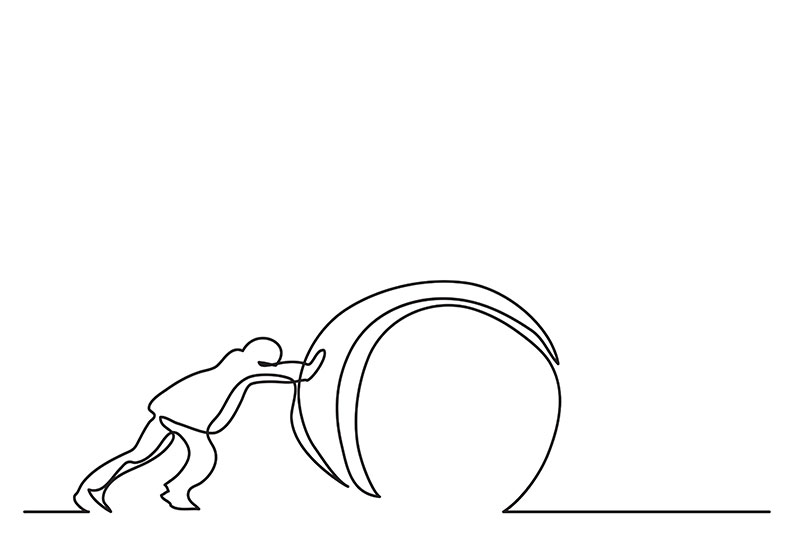
According to Howard Freidman, co-author of the new book, The Longevity Project, hard work is not a health problem. Lackadaisical and less successful people are normally at greater risk of dying at an earlier age. This is based on the fact that some people realize that they’re not fit after retirement, especially if the job adds an element of laziness into their lives.
Myth #2: Happiness Makes One Live Longer!
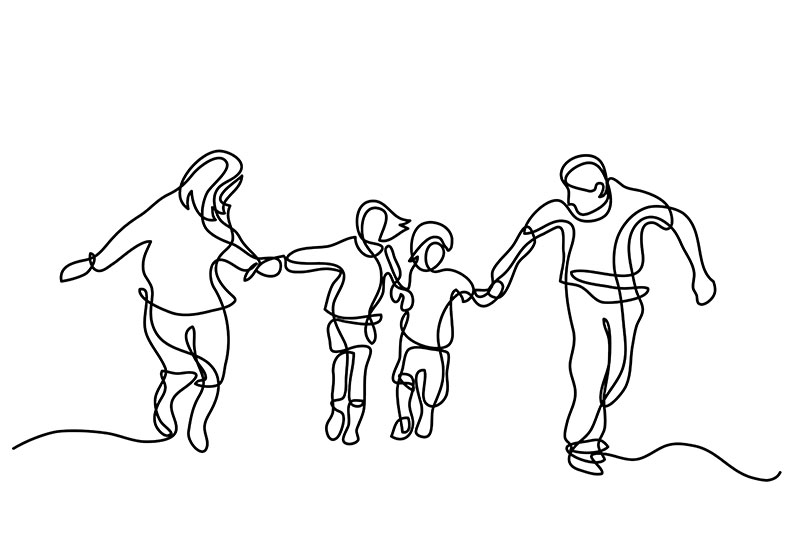
Happiness may be a consequence of a healthy being rather than its cause. You can gain happiness by doing things you love, which could be doing your favorite job or building a new relationship. On the other hand, although smoking may bring happiness to you, it does not favor your overall well being.
Myth #3: Worry Will Kill You!

Although unjustified worry has not done anyone any good and induces unnecessary stress, normal worry about your health and hygiene helps you to take the right action at the right time to lead a healthy life. Friedman, based on his observation, opines that serious types of individuals take better care of themselves and remain healthy throughout their life.
Myth #4: Senility and Old Age Go Together!
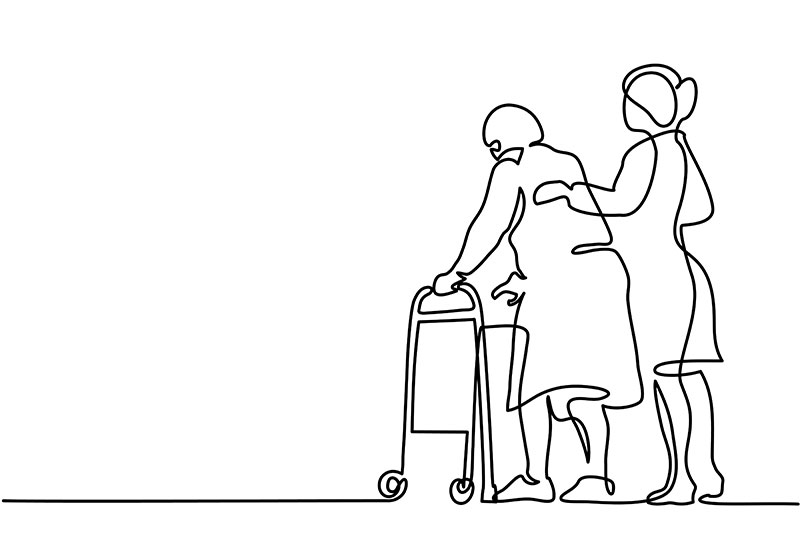
The common perception that old people are prone to senility should be eliminated. A research carried out by scientists from Tufts University has shown that vitamin deficiencies are the leading causes of senility.
Just as vitamin deficiency affects the normal growth of a child, the development of certain neurons in elders is also associated with loss of these nutrients. The more common signs of forgetfulness and depression in our elders are caused by a reduction in their folate levels. Vitamin B6 deficiency leads to peripheral neuropathy, and low levels of vitamin B12 leads to delusions and fluctuations in the mood during old age. Ensuring that these nutrients are present in your diet in the right quantities will help in preventing these problems.
Myth #5: When You’re Old, You Will be Sick!
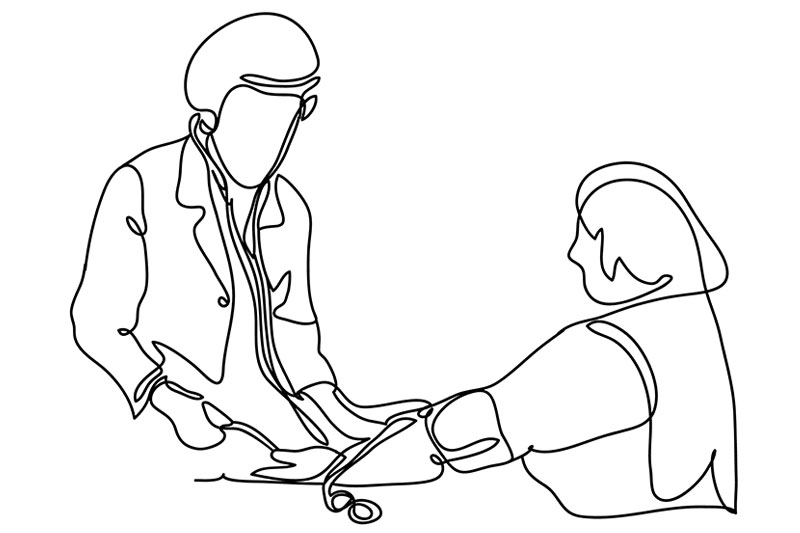
During your old age, the functioning of the immune system or the body defense mechanism is likely to slacken. This is the reason for more infections being observed in elderly people.
However, a professor at Johns Hopkins University had discovered that the immunity improved significantly when independent and healthy elderly people were supplemented with nutrients. Both the consumption of antibiotics and the frequency of infections were low in these individuals.
Additionally, specific health precautions help in minimizing age-related diseases:
- Reducing smoking and increasing the content of vitamin C and E and beta-carotene in the diet help in protecting the cataract.
- Hypertension patients can be supplemented with calcium and magnesium.
- Apart from this, a diet rich in potassium with restricted salt content and monitoring weight also aids in minimizing hypertension in most cases.
- Cancer can be prevented by adopting a diet less in fat, rich in fruits and vegetables, fibers, vitamins A, B6, C, E and minerals such as zinc and selenium.
- Reducing simple sugars, consuming a lot of fiber and taking chromium supplements is one of the best ways to treat diabetes.
Myth #6: Lifestyle Changes Don’t Help You When You Get Old!
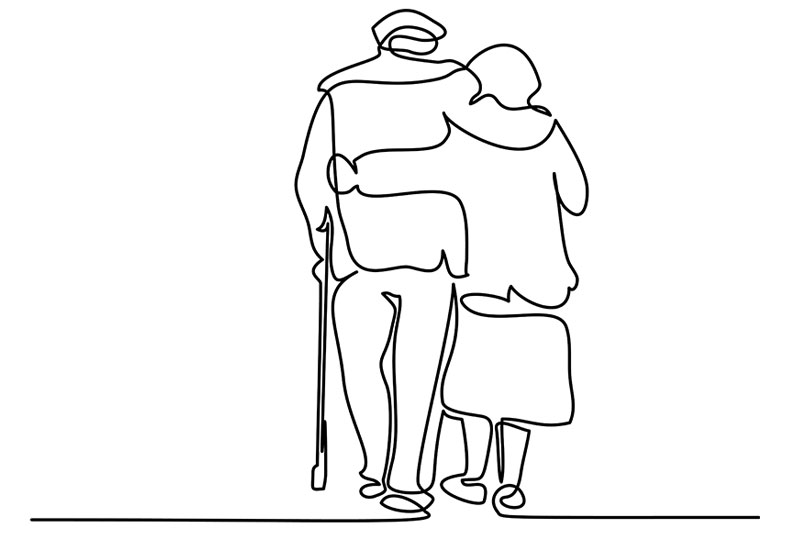
Smoking and a sedentary lifestyle are two habits that are difficult to break. In 1990, Antonia Novello, Sergeant General during that year, stated that even if we decide to quit smoking at older ages, we can expect a longer and healthier lifespan. He said that this is in comparison to people who decide to continue to smoke.
Smoking can be quit irrespective of your age. The urge to quit is mainly required so that you can reap the benefits of quitting. Once you start reducing the puffs daily, your blood pressure and pulse will return to a normal value. This will be followed by an increase in your oxygen levels and a change in body temperature.
Eventually, the risk of a heart attack will be reduced considerably. In about five years’ time, your chance of suffering from a cancerous lung will be half of what it was earlier, and in another five years, the risk of contracting a lung cancer will be the same as that of a nonsmoker.
A sedentary lifestyle is the main reason for health complications irrespective of an individual’s age. A regular exercise regime will help in minimizing the risk of chronic illnesses and helps in strengthening your muscles and bones.


